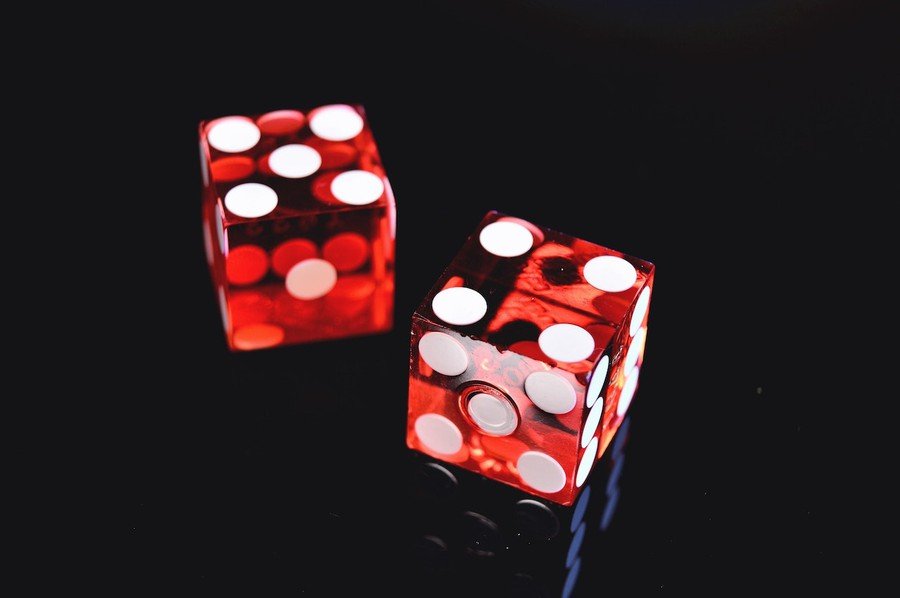Bingo, a beloved game of chance and camaraderie, has captivated the hearts of players for generations. From its humble beginnings to its prominent place in modern entertainment, the history of bingo is a fascinating journey that encompasses elements of socializing, fundraising, and simple enjoyment.
Let's embark on a captivating exploration of the origins, evolution, and cultural impact of this timeless game.
Origins and Early Development
The origins of bingo can be traced back centuries, with roots in various lottery-style games that were popular in ancient civilizations. One of the earliest recorded precursors to bingo was the Italian game "Il Giuoco del Lotto d'Italia," introduced in the 16th century. This game consisted of players matching numbers on pre-printed cards, and it gained popularity throughout Europe.
Fast forward to the 18th century, and a similar game called "Le Lotto" emerged in France. It quickly spread across the country, attracting players from all walks of life. The French version used a playing card divided into three rows and nine columns, with the numbers 1 to 90 distributed among the squares.
Transatlantic Journey and Adaptations
Bingo's journey to the United States began in the late 1920s when a toy salesman named Edwin S. Lowe witnessed a carnival game called "Beano" being played at a fair in Georgia. Lowe recognized the potential of the game and decided to bring it back to New York, where he introduced it to his friends.
During one of these games, a player excitedly shouted "Bingo" instead of "Beano" when she completed a winning pattern. This accidental misnomer stuck, and Lowe eventually adopted the name "bingo" for the game. Recognizing its commercial potential, Lowe began producing bingo sets and cards, which soon became immensely popular across the United States.
Ad
Bingo's Rise to Prominence
The popularity of bingo soared throughout the 20th century, with churches, community centers, and social organizations embracing the game for both entertainment and fundraising purposes. During the Great Depression, bingo became a vital source of income for many organizations, helping to support charitable causes and community projects.
As a result, it has cultivated in a communal game experience.
The 1960s witnessed a significant milestone for bingo with the advent of the electronic bingo machine, which automated the number-calling process. This technological advancement made the game faster, more efficient, and allowed for larger-scale events. It also contributed to the continued growth and widespread popularity of bingo halls around the world.
Modern Era and Online Bingo:
In recent years, the digital revolution has transformed the way people play bingo. The rise of online gaming platforms has given players the ability to enjoy the game from the comfort of their homes. Online bingo websites, or e-bingo, offer a wide range of game variations, interactive chat rooms, and attractive bonuses, fostering a sense of community and fun in the virtual realm.
The Future of Bingo
As we look ahead, it is clear that bingo's legacy will continue to evolve. The game has demonstrated an incredible ability to adapt to changing times while maintaining its core principles of chance, socialization, and enjoyment. Whether it's through traditional bingo halls, online platforms, or innovative hybrid experiences, the spirit of bingo will undoubtedly endure for generations to come.
Ad
Wrapping Up
The history of bingo is a testament to the enduring power of a game that brings people together, creates cherished memories, and supports worthy causes. From its humble origins in Europe to its prominence in the United States and the digital realm, bingo has transcended cultural boundaries, time periods, and technological advancements.
So, the next time you gather around a table or join an online community for a game of bingo, take a moment to appreciate the rich history that lies behind





— Comments
0Be the first to comment